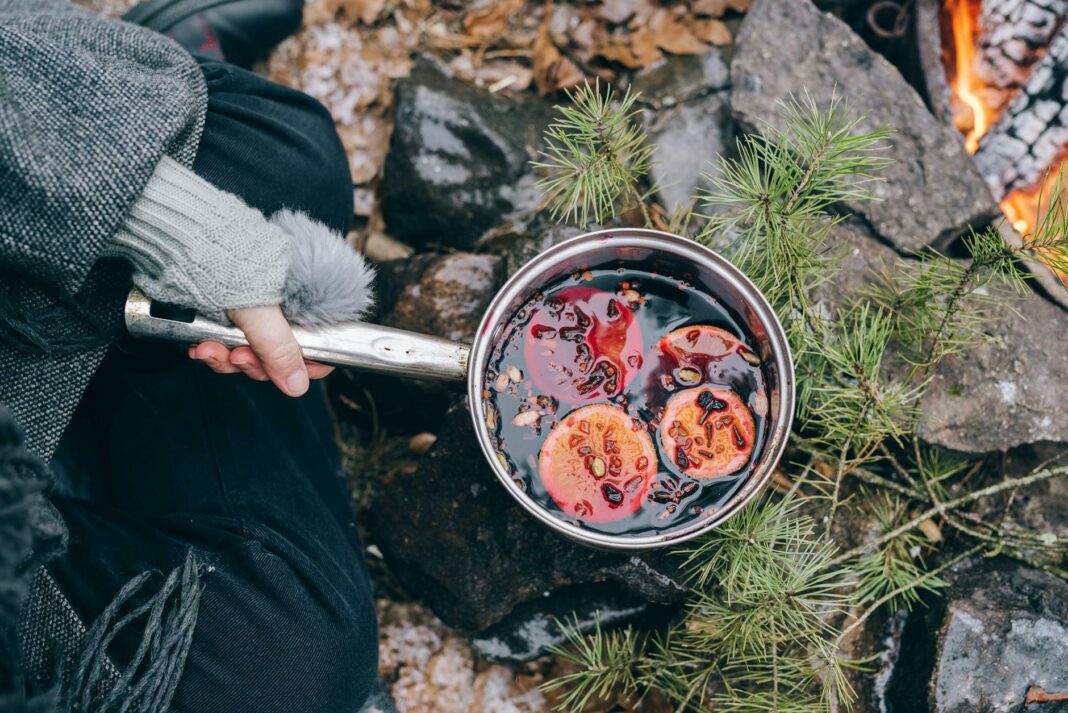Are you taking a vacation that involves the great outdoors? You might be thinking it’s all about relaxation and enjoyment. However, the truth is that acquiring wilderness survival skills can elevate your experience to a whole new level of thrill and security. Whether you’re going for a camping trip, hiking adventure, or a serene retreat in nature, having the know-how can make all the difference.
Imagine not only soaking in the beauty of your surroundings but being equipped to handle unexpected challenges. The peace of mind that comes from knowing you can navigate the wilderness empowers you to truly savor every moment of your vacation instead of worrying about what could go wrong. Let’s dive into whether honing these skills is essential for your next travel escapade.
Understanding wilderness survival skills transcends mere knowledge; it fosters a sense of confidence and resilience. In a world that often feels controlled and predictable, the unpredictability of nature provides a refreshing contrast. When you’re equipped with the right skills, you embark on your vacation with an adventurous spirit rather than paralyzing fear.
Moreover, these skills are incredibly empowering. Imagine the satisfaction of successfully building a fire from scratch or foraging for edible plants. Not only do these abilities enrich your outdoor experience, but they can also translate into life lessons about self-sufficiency and problem-solving. Everyone can appreciate the thrill of overcoming challenges, and learning these skills turns potential setbacks into valuable learning experiences.
A well-rounded set of wilderness survival skills can include navigation, fire-building, shelter construction, and foraging for food. Each of these skills contributes to your overall ability to thrive in nature.
Navigation techniques, whether using a map and compass or understanding landmarks, allow you to traverse varied terrains without losing your way. Meanwhile, mastering fire-building goes beyond warmth; it serves as a tool for cooking, signaling for help, and warding off danger. Shelter construction protects you from the elements and helps create a comfortable living space in the wild. Foraging promotes not only self-sufficiency but also a deeper connection with your environment as you learn to identify safe and nutritious plants.
Survival isn’t just about physical skills; your mental game is equally critical. When you venture into the wilderness, cultivating a strong mindset equips you to deal with unexpected situations. Start by embracing adaptability; nature is rarely predictable, and flexibility in your thinking can lead to innovative solutions when challenges arise.
Visualization techniques can also play a powerful role. Imagine yourself thriving in various situations, whether setting up camp or dealing with inclement weather. Building a positive mental framework prepares you for the unknown and reinforces the belief that you can handle whatever comes your way. Ultimately, a sturdy mental foundation enhances your entire experience, allowing you to fully enjoy your time in the great outdoors.
In this digital age, a wealth of information is at your fingertips, making it easier than ever to seek out wilderness survival resources. Engaging with reputable books on survival techniques can provide you with foundational knowledge. Websites and online forums dedicated to outdoor skills offer invaluable tips straight from experienced adventurers.
Additionally, consider signing up for local workshops or courses led by survival experts. Hands-on experience solidifies knowledge like no book ever could. Learning in a supportive environment, surrounded by fellow nature enthusiasts, can also motivate you to practice your skills beyond the classroom setting. Being proactive in seeking out resources ultimately prepares you for those moments in the wild.
Several misconceptions about wilderness survival skills may deter potential adventurers from exploring their capabilities. One prevalent myth is that survival training is only for extreme situations or dangerous environments. In reality, acquiring these skills enhances even the most relaxed wilderness excursions.
Another common myth is that you need to be an expert to start learning survival skills. The truth is that everyone was a beginner once, and even a few basic skills can significantly enrich your outdoor experiences. Embracing the process of learning can turn your vacation into a unique adventure that fosters personal growth and camaraderie.
The empowering journey of mastering wilderness survival skills is nothing short of remarkable. By preparing yourself mentally and physically, you turn your vacation into a dynamic experience filled with excitement and learning. The wilderness offers countless opportunities for growth, and developing these skills opens the door to transformative adventures.
As you plan your next trip, reflect on your comfort level and consider integrating these essential skills into your preparation. Possessing the tools to thrive outdoors not only enhances your enjoyment but also instills a sense of accomplishment that will resonate long after your journey concludes.
Do I need wilderness survival skills for a leisure camping trip?
While it’s not strictly necessary, having basic survival skills can enhance your enjoyment and confidence in the outdoors.
How can I start learning these skills?
Begin by researching books, online courses, or local workshops that focus on wilderness training.
Is wilderness survival training only for extreme conditions?
Absolutely not! These skills elevate any outdoor experience, whether you are in a remote forest or a busy campsite.
Are there age limits for learning survival skills?
Not at all! People of all ages can benefit from wilderness survival training, making it a fun family activity as well.
What is the best way to practice these skills?
Hands-on experience is key, so consider practicing with friends in a controlled environment before heading into the wild.
Image Credit: Pexels





